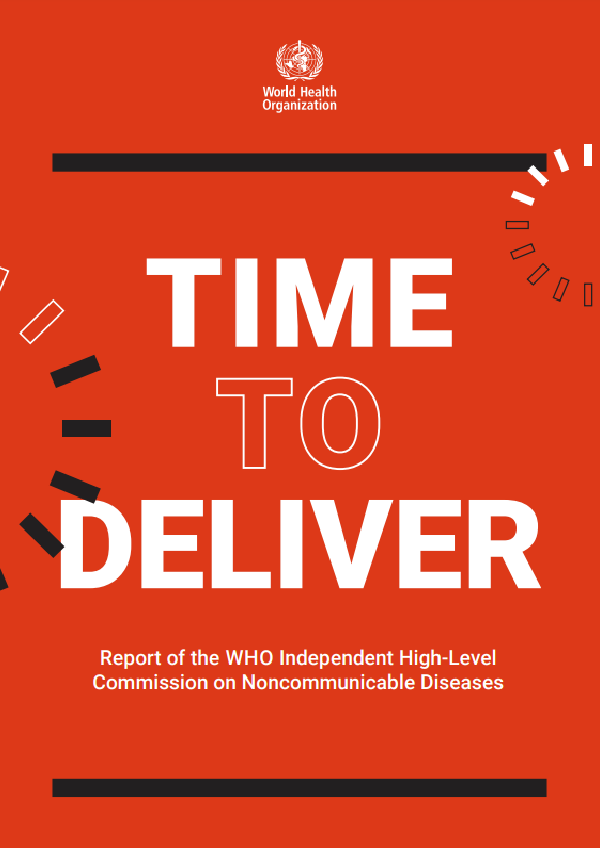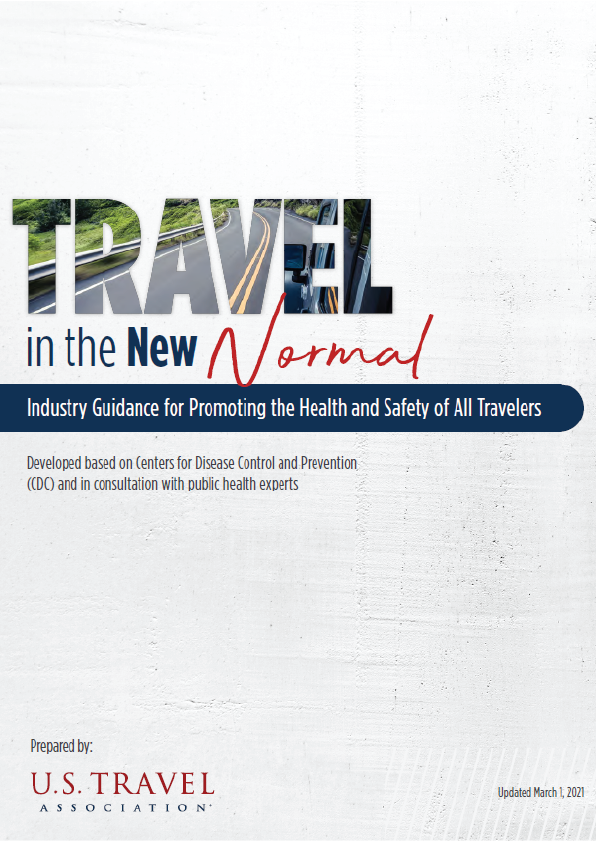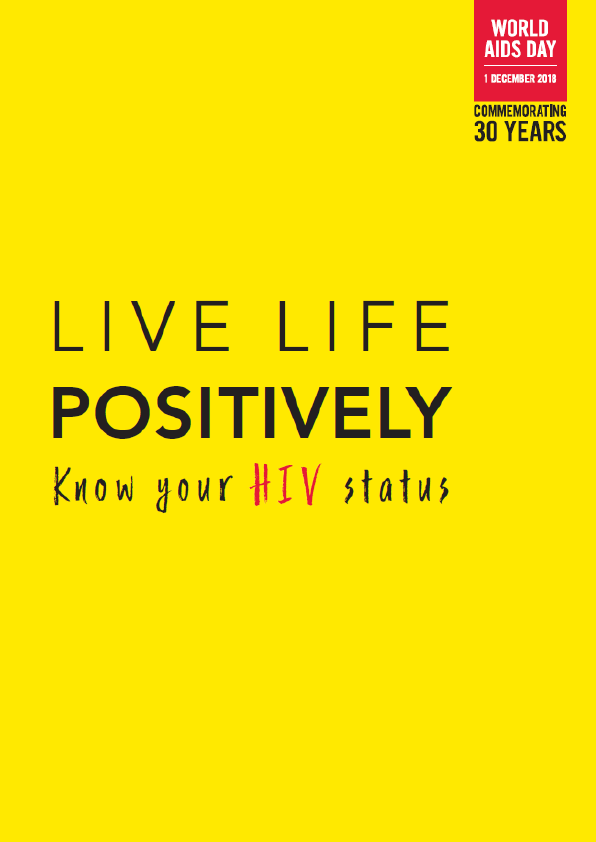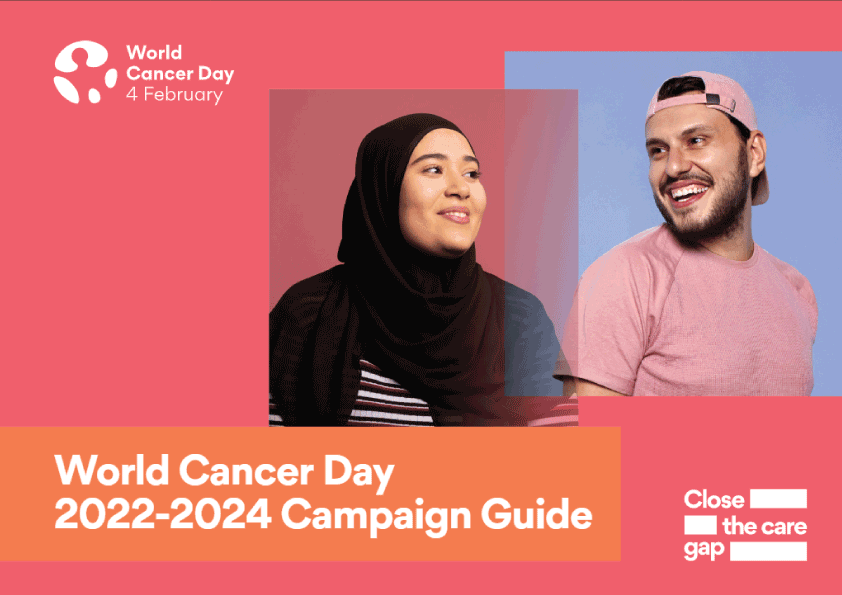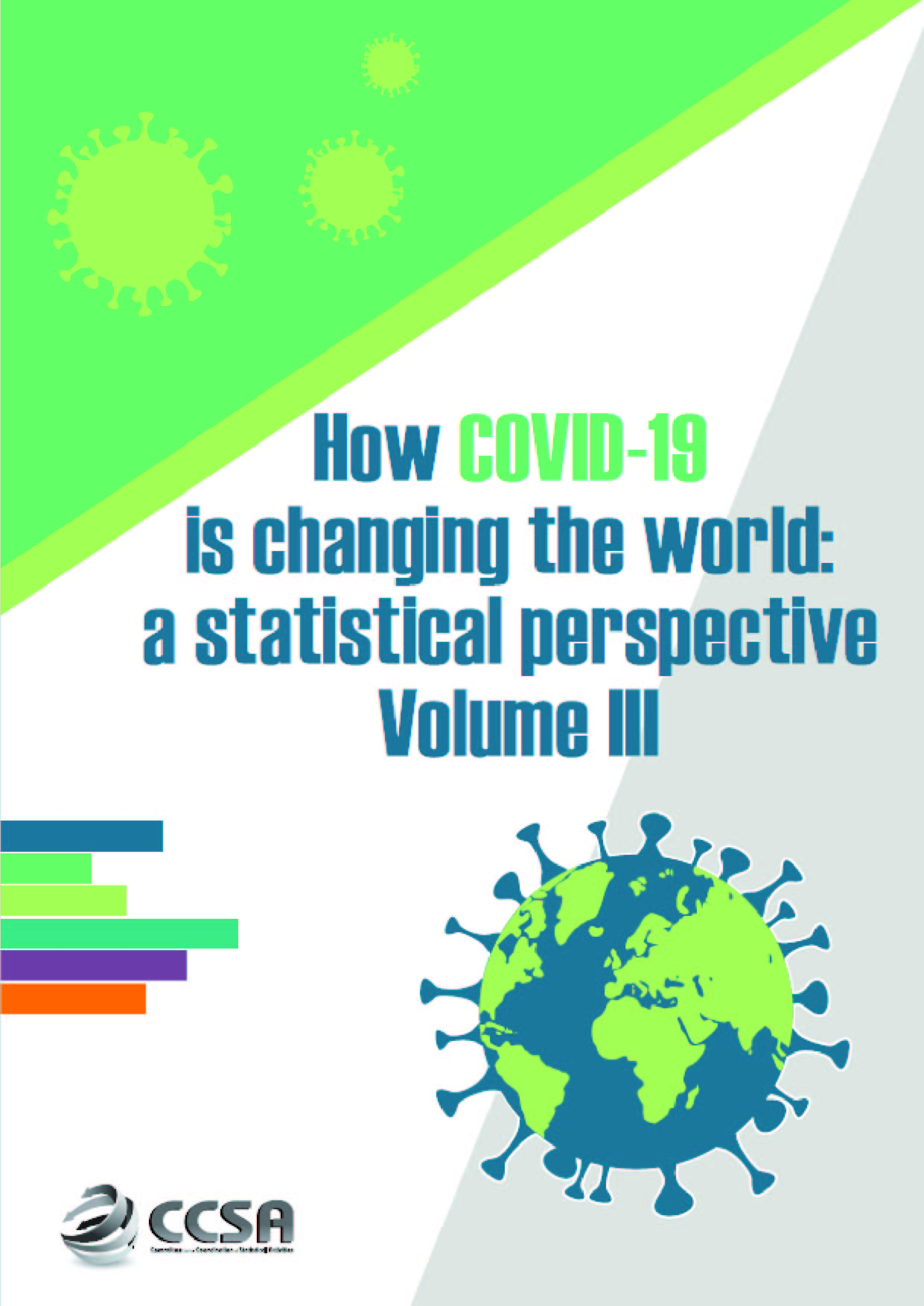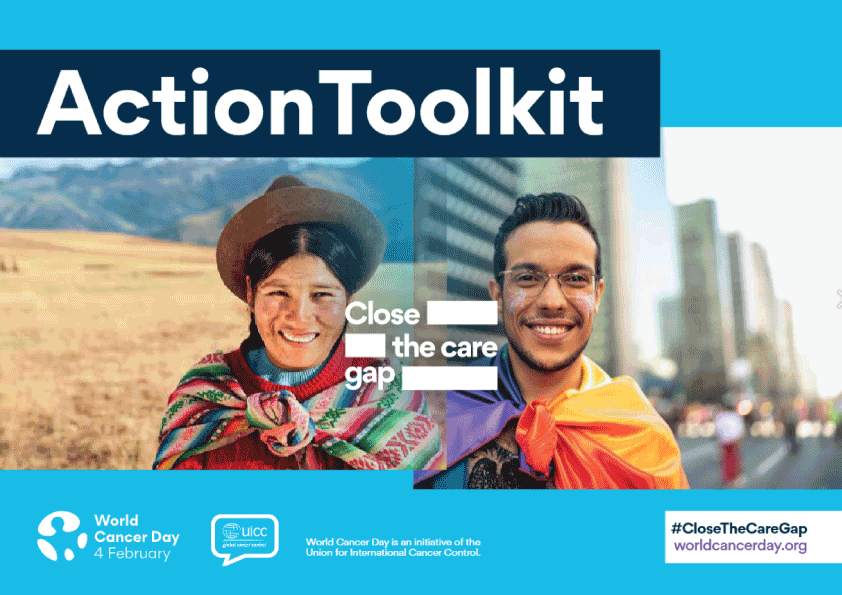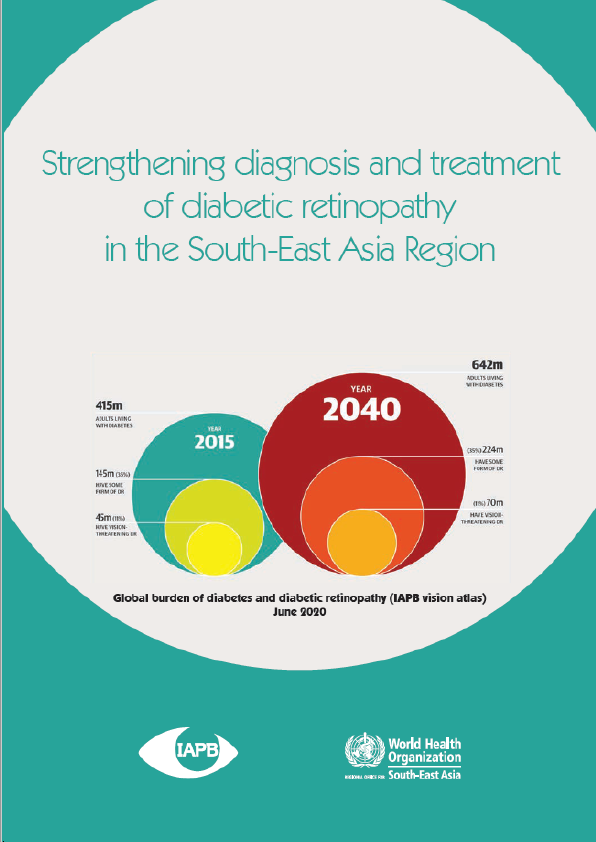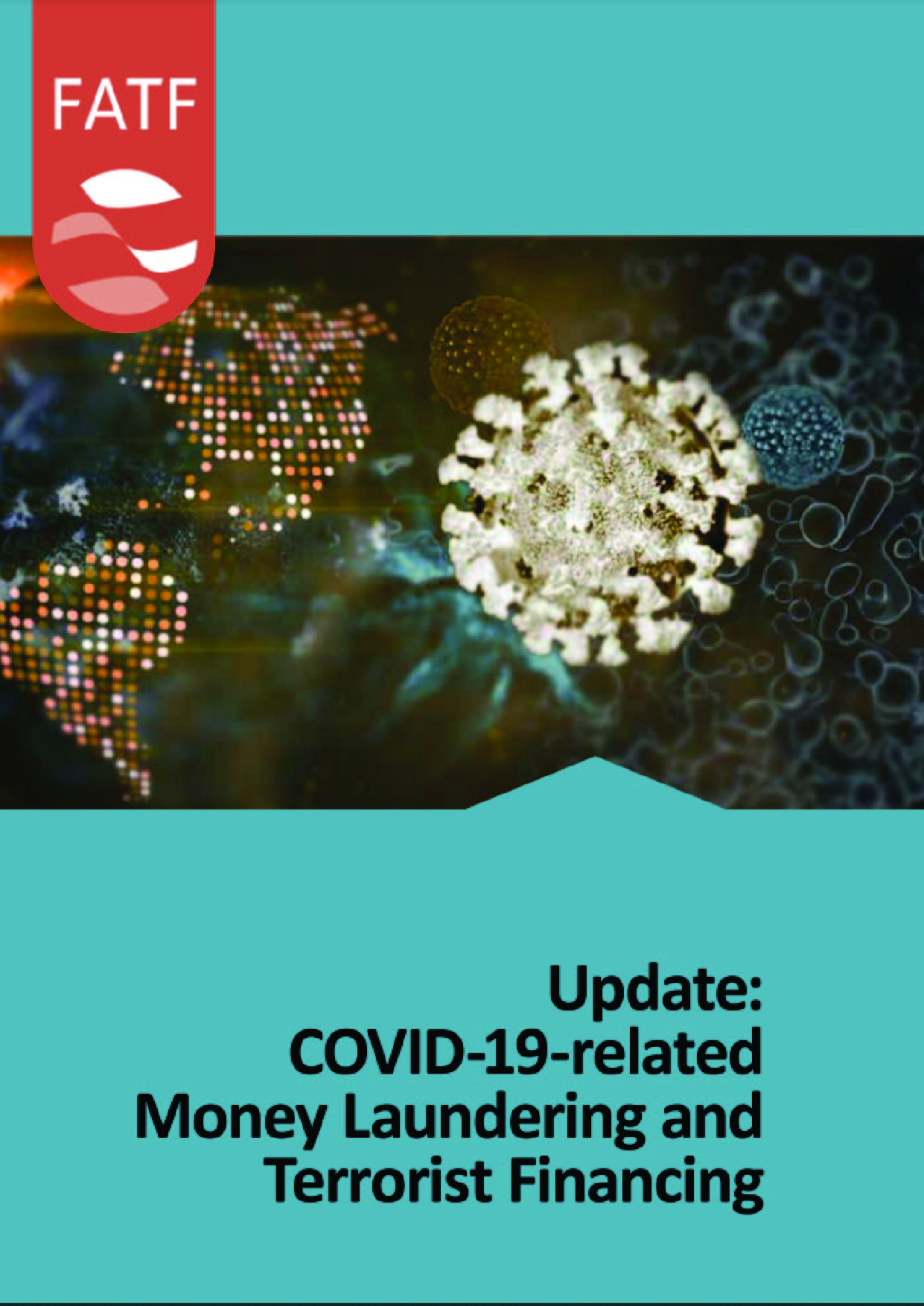Recognizing the lack of adequate global progress in combating non-communicable diseases (NCDs) and the very real possibility that Sustainable Development Goal (SDG) target 3.4 will not be met, WHO Director-General Tedros Adhanom Ghebreyesus established a new Independent High-level Commission on NCDs in October 2017.
A non-communicable disease (NCD) is a disease that is not transmissible directly from one person to another. NCDs include Parkinson’s disease, autoimmune diseases, strokes, most heart diseases, cancers, diabetes, chronic kidney disease, osteoarthritis, osteoporosis, Alzheimer’s disease, cataracts, and others. NCDs may be chronic or acute. Most are non-infectious, although there are some non-communicable infectious diseases, such as parasitic diseases in which the parasite’s life cycle does not include direct host-to-host transmission.
Five Co-chairs were appointed to lead the Commission and 21 eminent persons to serve as Commissioners, drawn from all WHO regions, and with experience and expertise from across government sectors, organizations of the UN system, NGOs, the private sector, philanthropy, and academia (Annex 1).
Dr. Tedros asked the Commission to identify bold recommendations to enable countries to curb the world’s leading causes of death, and so extend life expectancy for millions of people. He asked for recommendations on how to intensify political action to prevent premature death from cardiovascular diseases (stroke and heart attacks), cancers, diabetes, and respiratory disease, to reduce tobacco use, harmful use of alcohol, unhealthy diets, physical inactivity, and promote mental health and wellbeing.
Terms of reference for the Commission were published in October 2017. Note that although the focus is on meeting SDG target 3.4 (reducing premature mortality from NCDs), the Commission also took into account the enormous incidence of and untold suffering caused by NCDs and mental health across the lifespan, especially the impact on children and young people.
The Commission held two meetings by teleconference and one face-to-face. In addition, at the request of the Commission, a technical consultation was convened to develop innovative recommendations for the Commission’s consideration. The consultation was charged with providing an analysis of new, bold ideas and innovative recommendations, aimed at the highest levels of government. None of the resulting recommendations provided were binding on the Commission. They were provided solely for the Commission’s consideration in formulating its recommendations. A report of the technical consultation was provided to the Commission and posted on the WHO website.
The recommendations in this report are intended for Heads of State and Government and policymakers across government sectors, as well as other stakeholders, and as input towards the third High-level Meeting of the UN General Assembly on NCDs.
